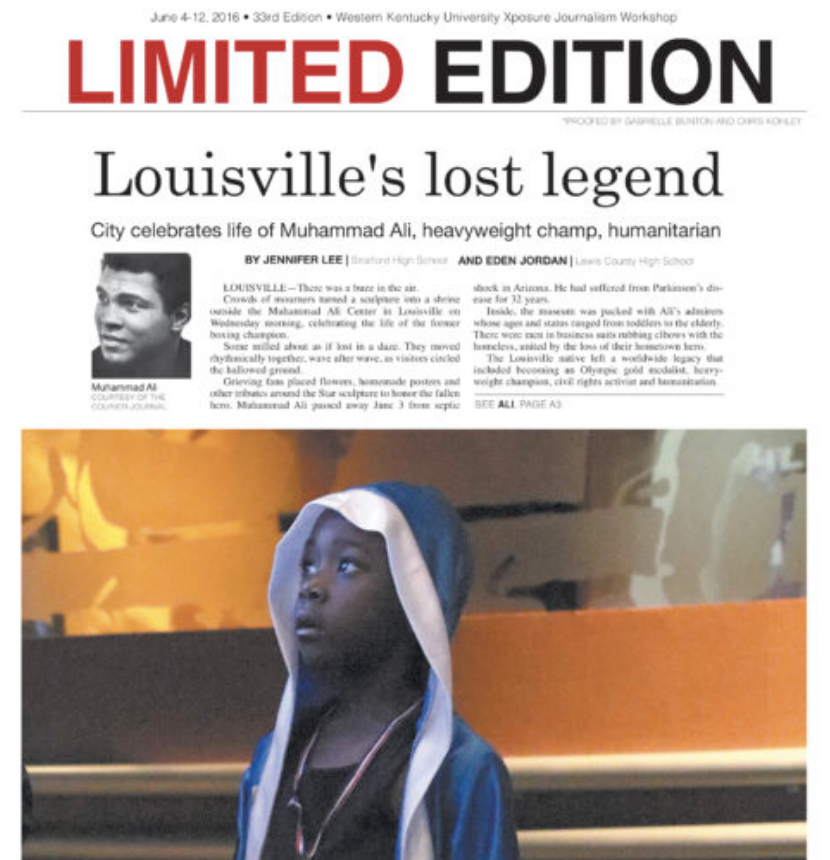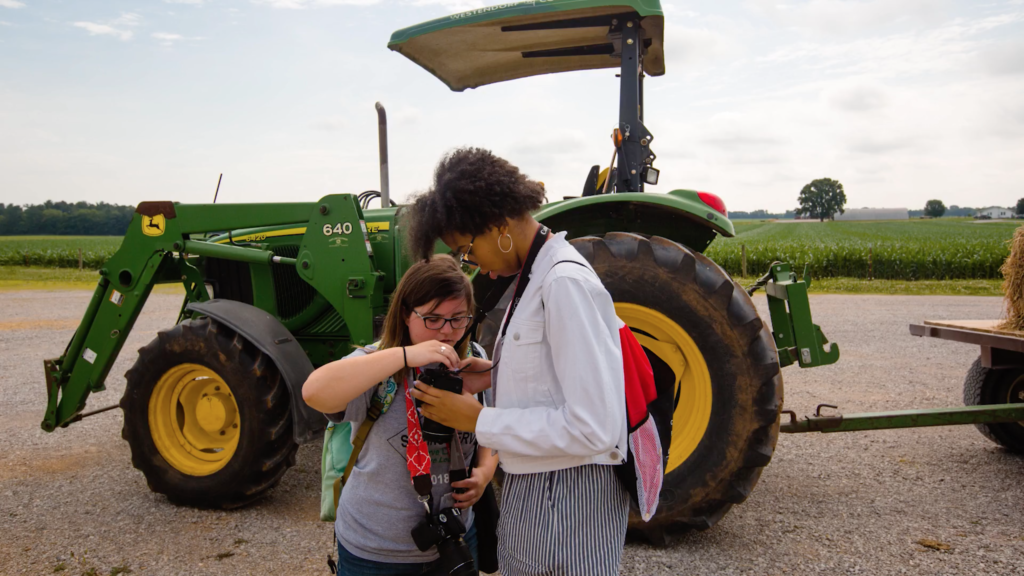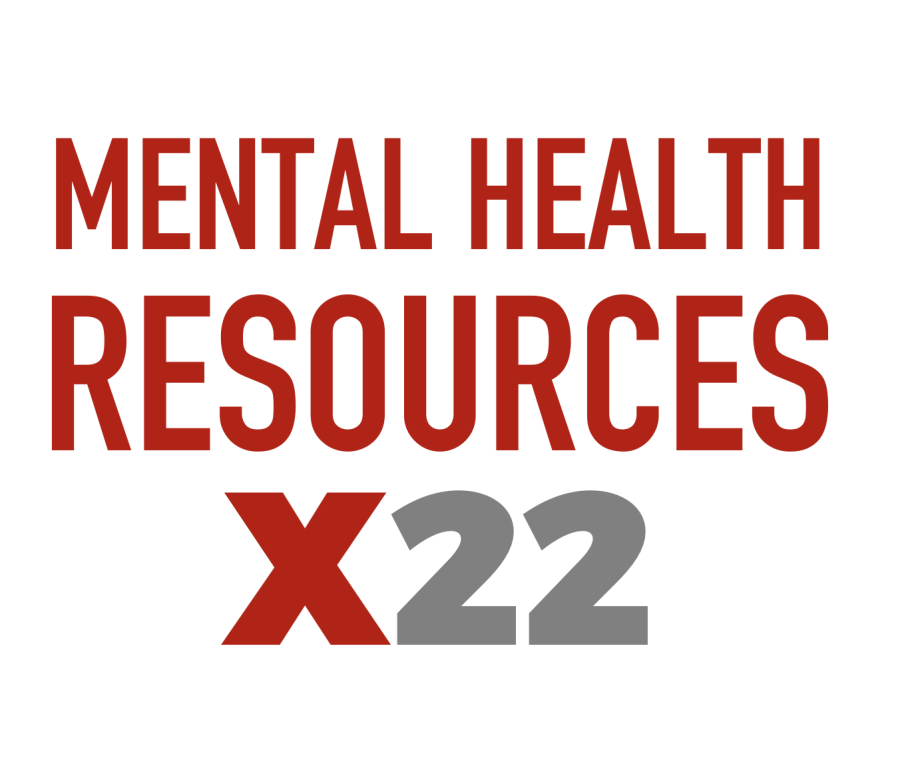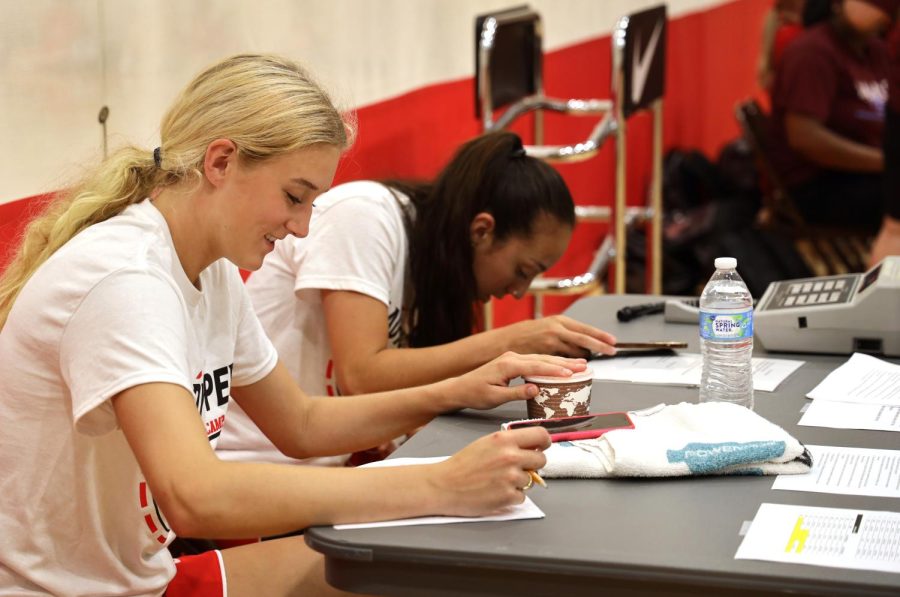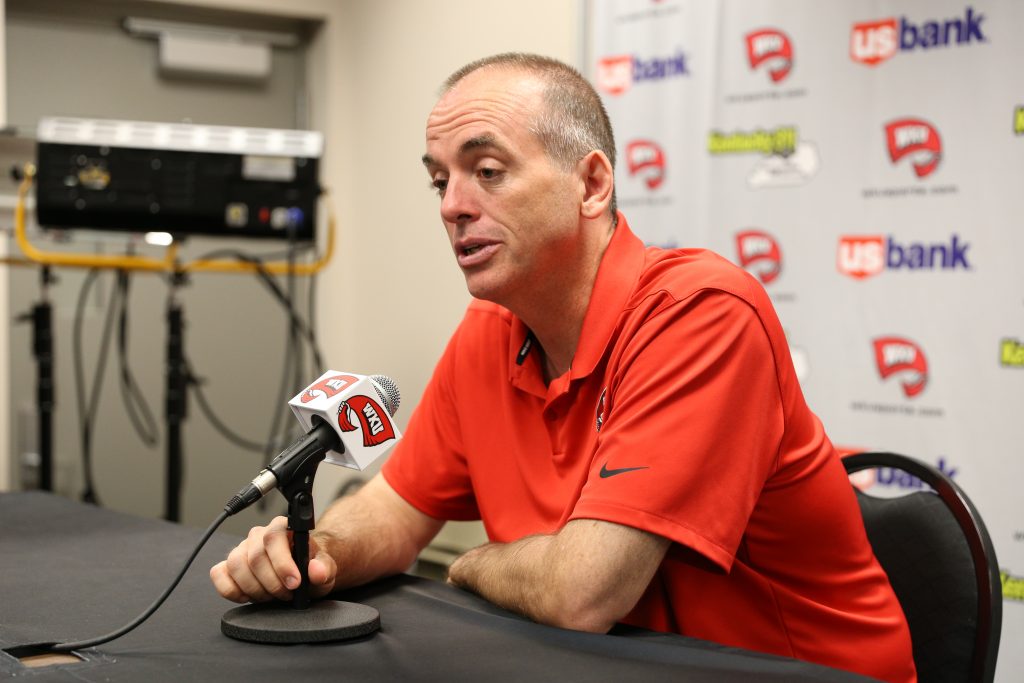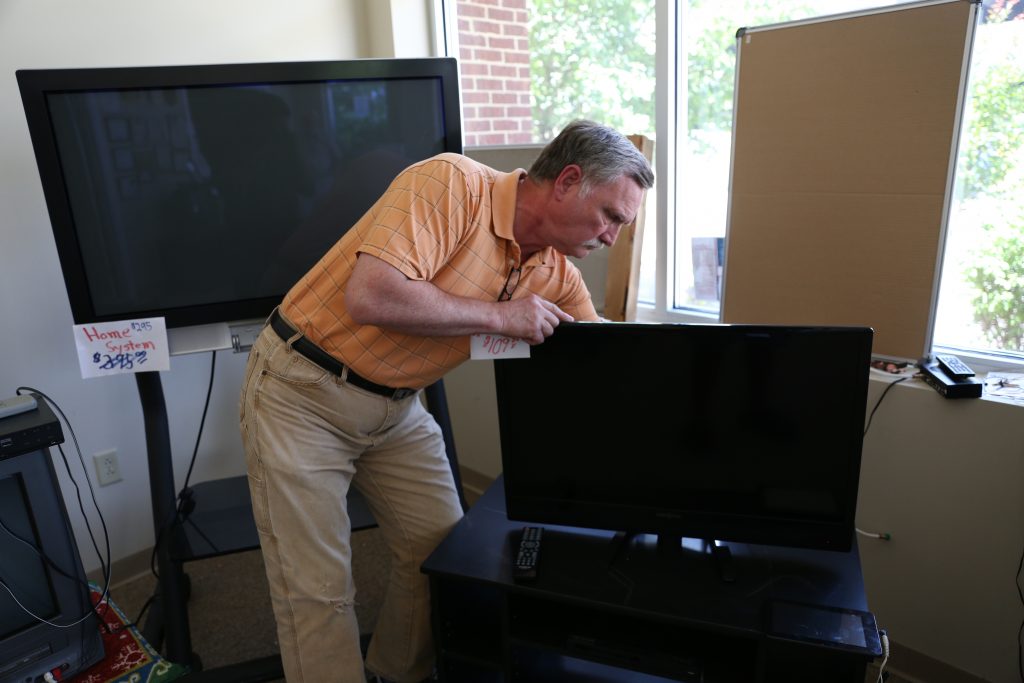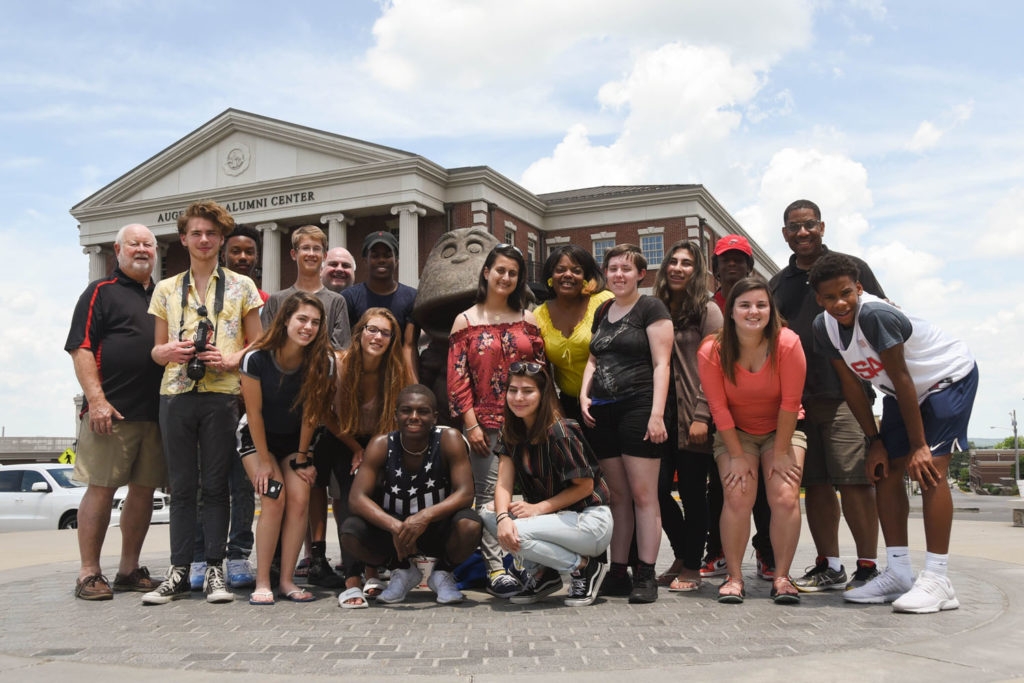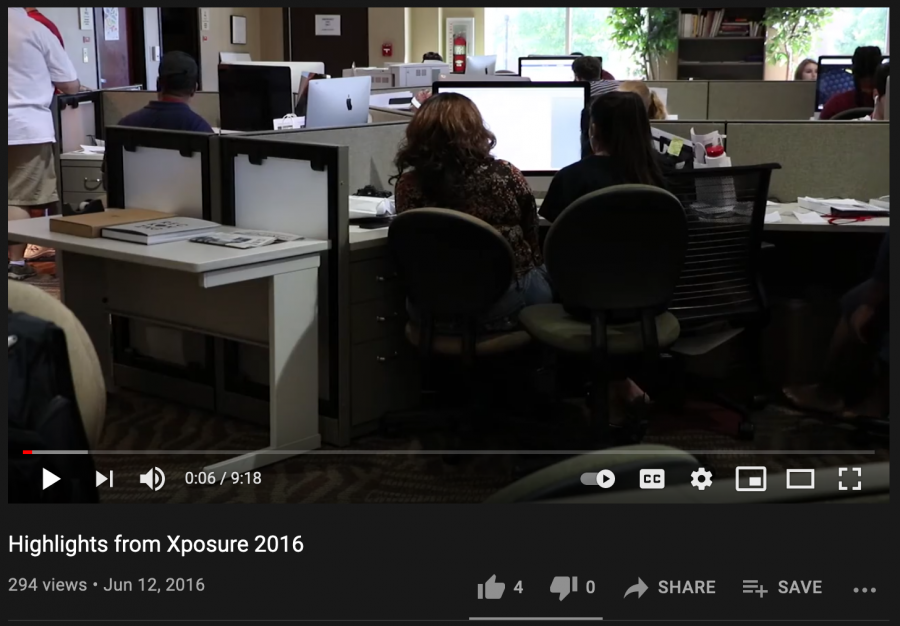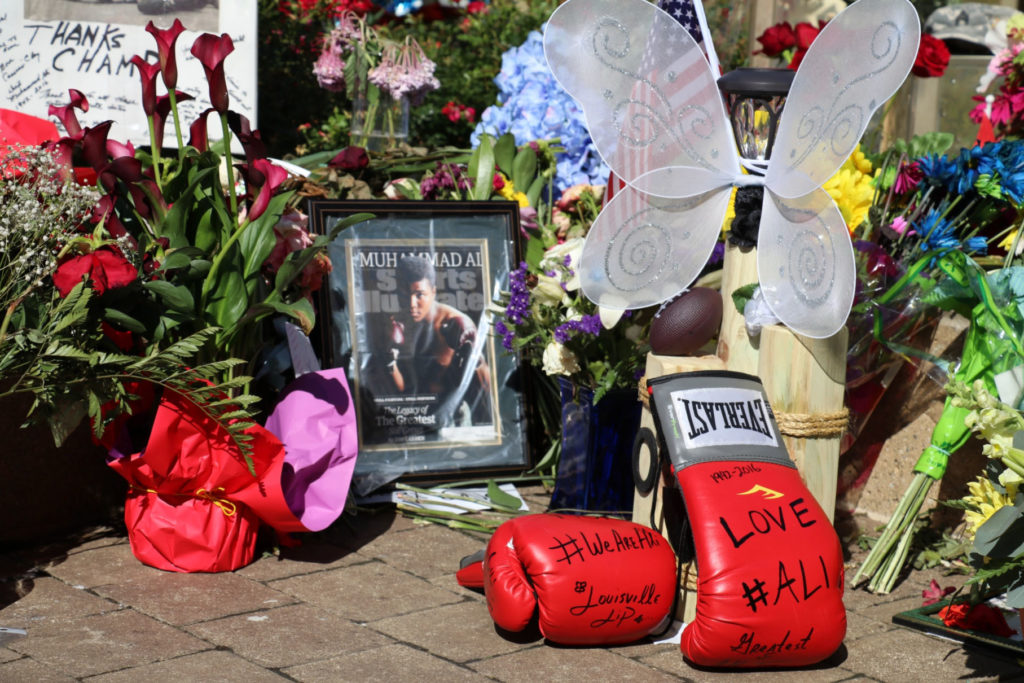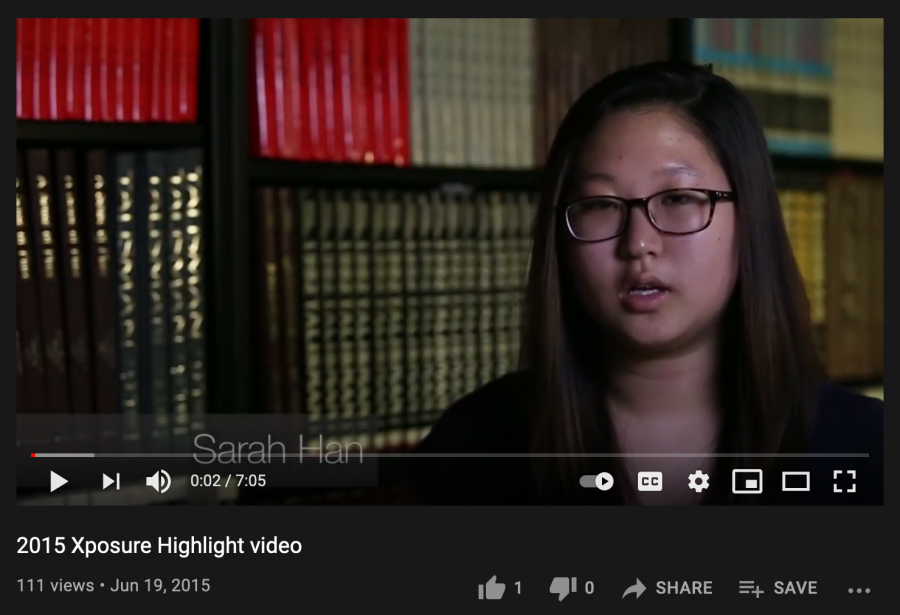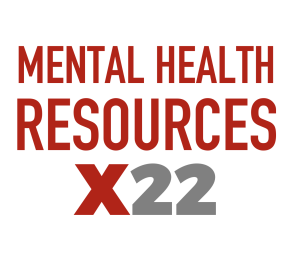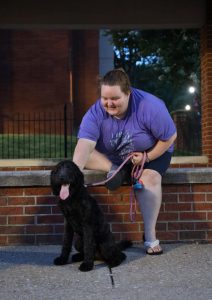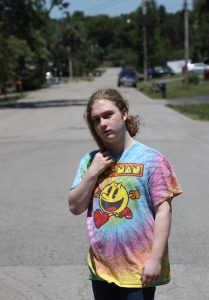Q&A: Hillary Bacon, therapist
Lindsey Spencer, LD Photography
Hillary Bacon
Name: Hillary Suhalla Bacon
Age: 27
Hometown: Mayfield, Kentucky
What led to you becoming a therapist?
“After a conversation with my dad, his education background is in criminal justice. So, I was kind of toying around with criminal justice or social work, and we really talked it out and he was like, ‘You need to go the social work route. And I think that’s what you should do.’ And I value his opinion very much. So, I went with the bachelor’s degree in social work.”
What made you want to specialize in eating disorders?
“I figured out that I wanted to work with people with eating disorders, just based on my own experience and my own testimony. I’m a person of faith. And so I think God used my testimony with my illness, to birth what I was going to do for the rest of my life, and that I would relate to my clients in ways that nobody else could because of my personal experience. My dad had a big influence on that, too, and just my general love for people, but also my own personal experience and eating disorder recovery.”
What do you do on a daily basis at your job and as a student?
“I am transitioning from community mental health crisis services to private practice. Right now, my day and my schedule looks pretty crazy. I’m entering an eight-week super intensive semester of school, a summer semester. And by the end of that eight weeks, I will know what my capstone is going to be on. Once I’m fully licensed, I will be moving over to private practice five days a week and I will no longer be working in community mental health as well.”
How do you manage to balance work and life?
“Meeting my boyfriend was really, really, really good for me, as far as giving me a reason just to slow down in life and not work so much. And something that I tell my younger siblings all the time, that I stand by 100%, is that finding out what doesn’t work a lot of times is just as important as finding what does so for me with work-life balance. I just had to find what didn’t work.”
How long have you been recovering from your eating disorder?
“So I have been in recovery for eight years, this year. April is my recovery anniversary month, because April of 2014 was the month or time in my life where I finally realized that I was very sick and that I had a problem and that I needed help. And that was the first time that I ever saw my therapist, and I continued to see my therapist for the next eight years. I’m not specifically going to therapy for eating disorder stuff anymore. I’m very thankful for that.”
What role did your family have during your journey to recovery?
“The role that my family had in my recovery from my eating disorder was a bigger role than anything or anyone, well next to my faith, but my family, I call them my first treatment team. Because in the beginning when I moved from Bowling Green back home to the Mayfield- Murray area with my family, they were what I had. There were no therapists in the area. There were no informed dieticians in the area. in-patient treatment was not an option for me for a plethora of reasons, but I call my family my first treatment team because they were all I had.”
What’s your relationship with your siblings like?
“I have a very, very deep, intimate bond with my siblings. I have two brothers and a sister. And they’re the most important people to me, this side of heaven. They’re the best love that I’ve ever known and the greatest love I’ve ever known, and I wanted to recover for them. And my initial motivator and recovery was that I didn’t want them to see me angry anymore. I didn’t want them to see me sick anymore. I didn’t want them to see me miserable and just sick.”
What motivates you to stay in recovery?
“I stay in recovery because I want to honor the journey that I’ve been on. I want to maintain all the beautiful progress. I also want to do right by the community, the eating-disorder community, and I want to do right by my profession and my clients as well. Because if I take care of myself and I maintain my recovery then that’s going to allow me to guide my clients towards their own recovery.”





